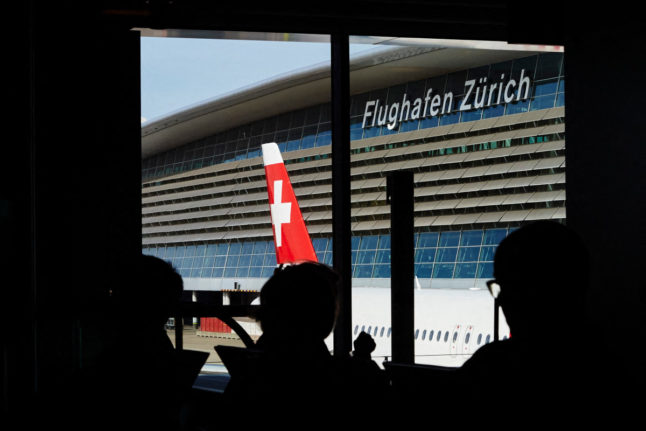The self-proclaimed goal of an organisation called Freedom Priority (IF Freiheit in German, Priorité Liberté in French, and Priorità Libertà in Italian) is to fight “for the freedom of citizens and against unnecessary regulations imposed by the State.”
To this end, the group gives out an annual award, called the ‘Rusty Paragraph’, for “the stupidest law or the most senseless intervention of the year.”
Among prior winners are the 10 pm curfew for cowbells in Aargau and a ban on eating raclette in cable cars (the latter has since been revoked).
READ ALSO: Switzerland re-legalises raclette and fondue in cable cars
And this years’s winner is…
…the compost police, an official post introduced in the city of Zurich!
The new waste management ordinance calls for all organic waste to be deposited in containers.
“People who compost themselves must fill out a form to be released from this obligation and the resulting tax. The existence of the compost heap in the private garden is then controlled by city employees,” the organisation explained in a press release.
While this rule may sound like an overabundance of fastidiousness, waste management is not a laughing matter in Switzerland.
The Swiss take proper garbage disposal seriously — so seriously, in fact, that various communities hire inspectors for the unenviable job of finding improperly tossed-out trash.
Various examples prove that not recycling or disposing of one’s garbage in a municipally-approved manner can result in hefty fines.
READ ALSO: Why the Swiss government rummages through your garbage
The last such incident happened – coincidentally — also in Zurich, where a clueless American threw a carton box into a ‘regular’ trash can, instead of recycling it.
At the time of this incident, the offender had not yet received his fine, but it could have been as high as 320 francs.



 Please whitelist us to continue reading.
Please whitelist us to continue reading.
Member comments